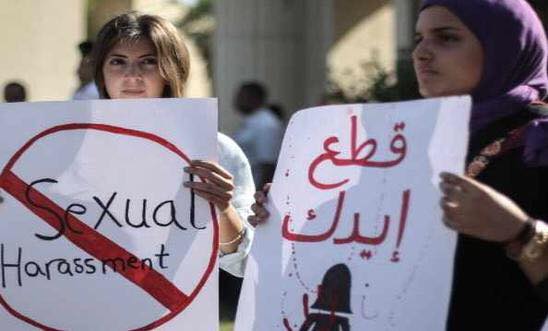In February 2014, staff members
of the NCW told Amnesty International and strongly believe that the council’s present
importance was to promote women’s political participation in the upcoming
presidential and governmental elections. The NCW also shared plans to develop a
inclusive strategy and action plan for preventing violence against women,
within the framework of a project funded by UN Women: The United Nations Entity
for Gender Equality and the Empowerment of Women. The NCW stated their aim was
for the strategy to address the social, legal, and institutional proportions of
the wonder, and to set out actions needed by relevant government agencies and
their relationship with civil society. The development of a comprehensive
strategy has been a long-standing demand by independent women’s rights
organizations, and must be directed with their effective discussion.

The NCW cannot be characterized
as an independent, sovereign institution given its founding by governmental
decree, the government appointment of its members, and part confidence on state
funding. Since its establishment, the NCW has played a positive role in pushing
through legislative reforms, not least in the Egyptian Constitution adopted in
2014, and in accusing violence against women by non-state actors. However, it
remains silent on police and military violence against women protesters and protective
abuses. With the exclusion of Mohamed Morsi’s short-lived presidency, the NCW
has largely rebounded the state story, including on women’s rights. According
to report that the suggestion to women protesters did not trial involvement in
their decision to share in the sit-ins casts a shadow on the institution’s protection
of all women’s rights to freedom of appearance and meeting, regardless of their
political relationships.
The NCW has vocally supported
Egypt’s new authorities, while attacking Western governments. During the
Universal Periodic Review examination of Egypt before the UN Human Rights
Council in November 2014, the NCW’s president contentiously stated.





